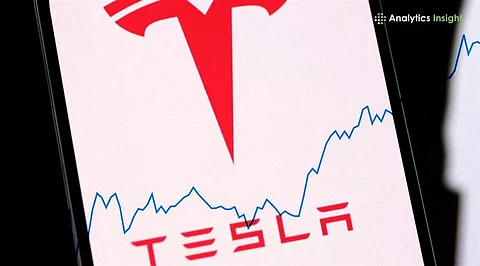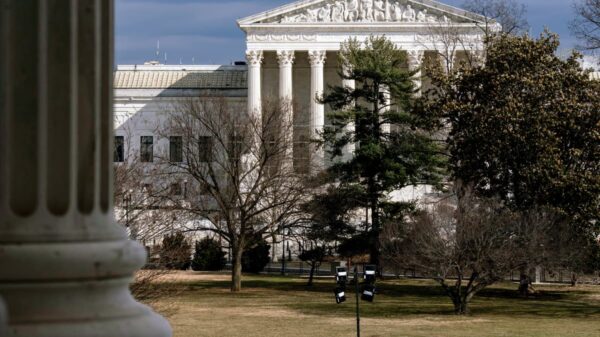President Donald Trump has raised alarms across the United States with comments made during a press conference on October 3, 2023, regarding the future of vital social programs, including Social Security, Medicare, and Medicaid. His remarks, suggesting that these programs could disappear if the country faces bankruptcy, have stirred significant concern among citizens who rely on these services.
During the press conference, Trump stated, “They’re gonna lose Medicaid, they’re gonna lose Social Security, they’re gonna lose Medicare—all of those things are gonna be gone because the whole country would be bankrupt, and you’re not gonna have any kind of medical insurance.” His assertion has prompted a wave of criticism and anger, particularly from individuals who depend on these programs for their health and financial stability.
Reactions from the public have been intense and emotional. Many Americans expressed their frustration and despair over the potential cuts to essential services. One individual remarked, “I was required to pay into these programs with the understanding that they’d be there if I needed them. They’re stealing our money.” Another concerned citizen, a healthcare worker, stated, “This is going to hurt so many people. Seniors, disabled folks, poor folks, children.”
Political analysts have weighed in on the implications of Trump’s comments and the ongoing government shutdown. Democratic strategist Doug Gordon told *Newsweek*, “No one ever ‘wins’ a shutdown. But it is certainly a bad look for Republicans that Speaker Johnson has the House of Representatives on a taxpayer-funded monthlong vacation while Americans are about to get hit with the largest healthcare cost increase in more than a decade.”
Conversely, Republican strategist Matt Klink defended the party’s stance, indicating that the GOP is prepared for this contentious debate. He noted, “This is a fight the GOP is comfortable having. The Democrats overplayed their hand by trying to jam through a major policy change on the back of a funding deadline.”
The urgency of the situation has led many citizens to voice their fears regarding the potential fallout. Comments from social media reflect a deep-seated anxiety about the future of health care in America. One user, a stage 4 cancer patient, expressed desperation, stating, “I paid into these programs up until my diagnosis, and I need to benefit from them or I will literally die.”
Individuals working within the healthcare system have also echoed these sentiments. A Medicare insurance manager shared insights from conversations with clients who struggle daily with the costs of medication and care. “So many people 65+ and on disability have to choose between electricity, rent, and getting lifesaving medication or medical care,” they observed.
As the debate continues, the implications of Trump’s comments extend beyond political rhetoric. Many citizens are grappling with the very real consequences of potential cuts to these programs. Another individual noted, “If they’re cutting what they’re supposed to be paying out, then they need to cut how much they take from my paychecks.”
In light of these developments, the conversation surrounding the future of Social Security, Medicare, and Medicaid remains highly charged. The reactions from the public reveal a palpable sense of betrayal and fear, as individuals contemplate the possibility of losing access to benefits they have contributed to throughout their working lives.
As the government navigates these challenges, it is clear that the ramifications of Trump’s remarks will continue to resonate within the American public, shaping the discourse around these crucial social programs now and into the foreseeable future.






































































